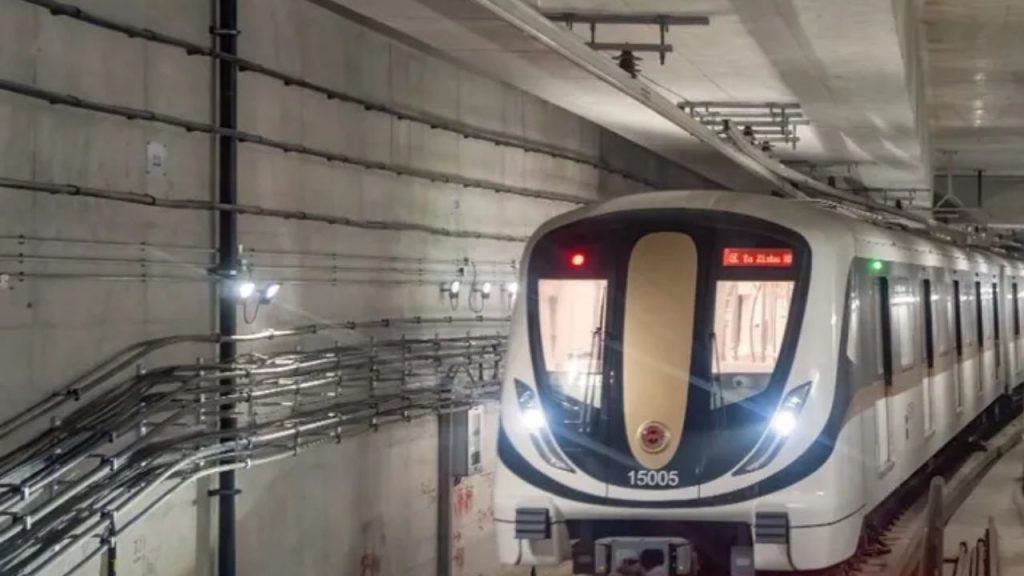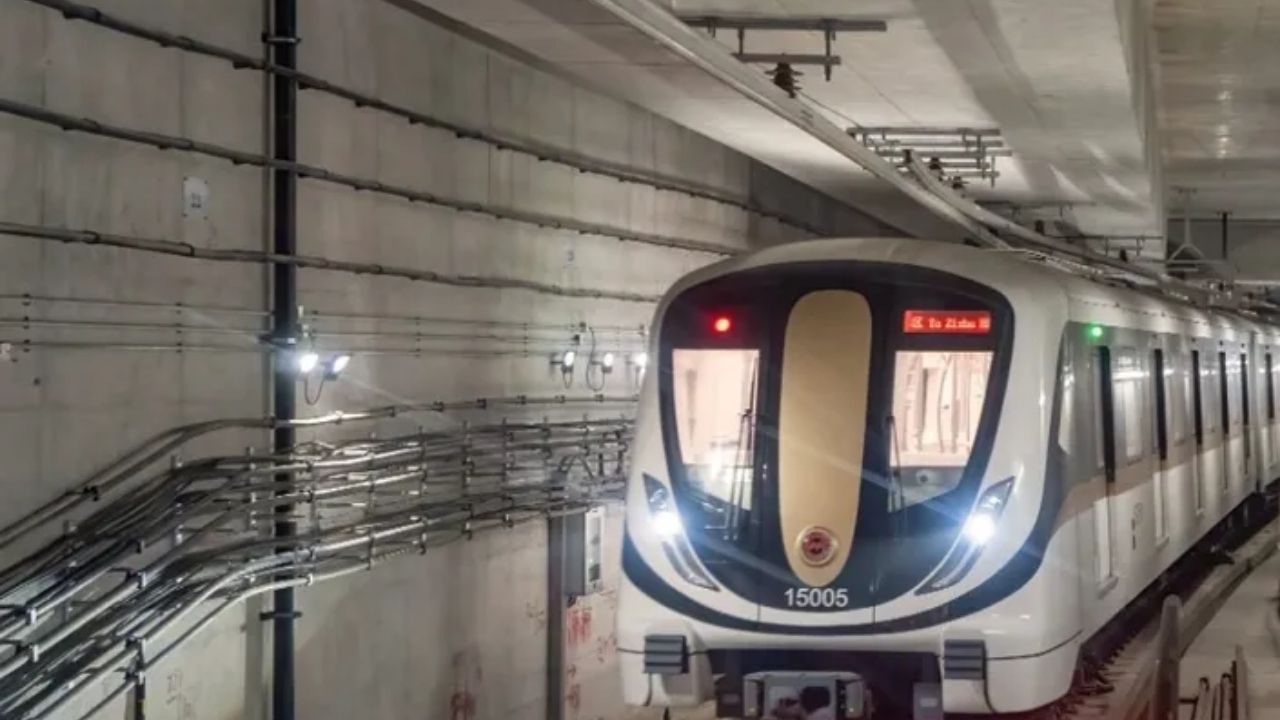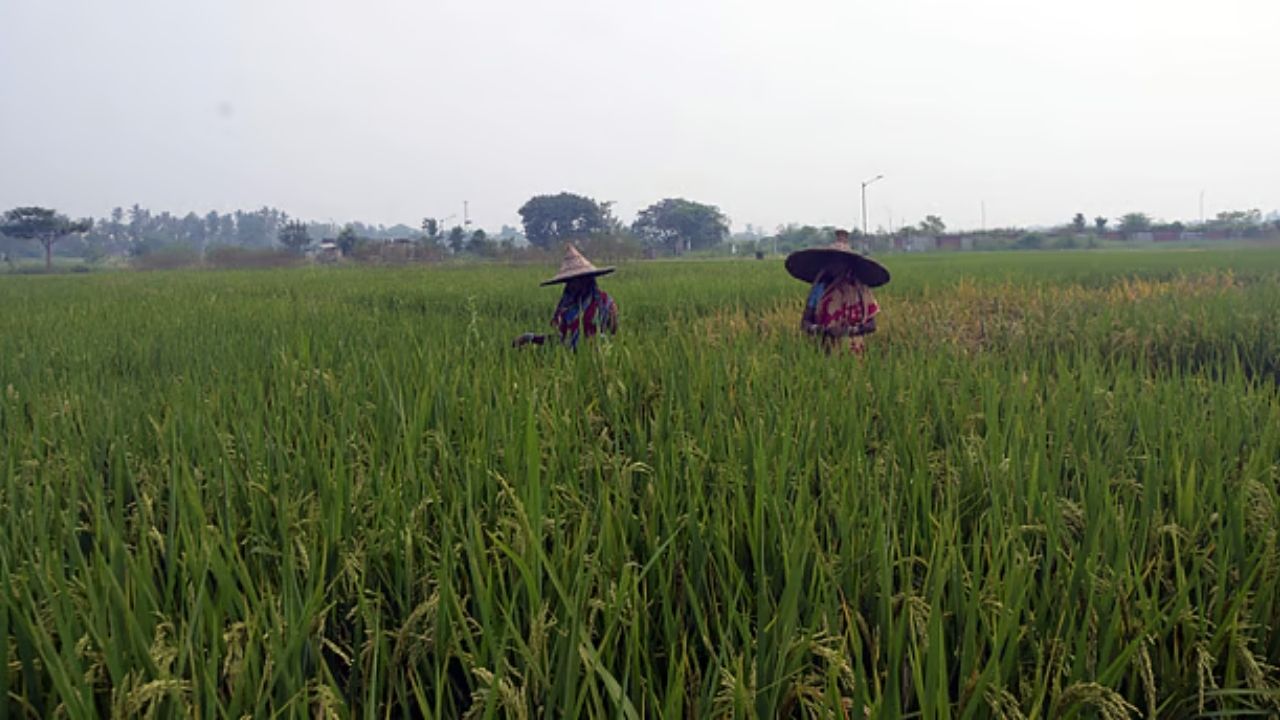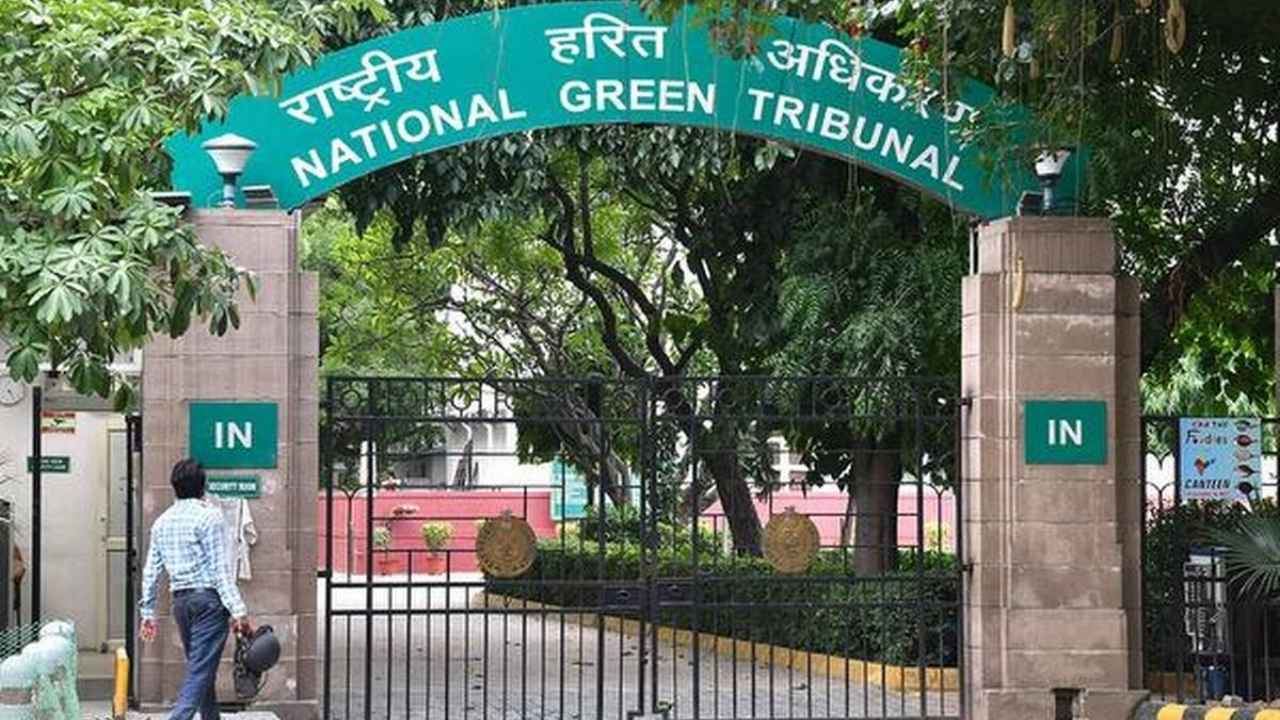The Bhubaneswar Metro Rail project, a long-awaited initiative to ease urban transportation in the capital city of Odisha, has hit several roadblocks, leading to contract terminations and delays. The project, aimed at transforming the transportation landscape of Bhubaneswar and surrounding areas, has been under scrutiny due to logistical hurdles, stalled construction, and funding concerns. So, what’s really going on with the Bhubaneswar Metro project? Why are these delays happening, and what does it mean for the people of Bhubaneswar? Let’s break it down in a way that’s easy to understand, yet packed with useful insights for those keen on understanding the bigger picture.

In this article, we’ll explore the history and development of the Bhubaneswar Metro Rail project, the challenges it faces, and what the future holds. Along the way, we’ll discuss key facts, offer practical insights, and look into what you can expect from the revised plans being proposed by the Odisha government.
Bhubaneswar Metro Rail Contracts Scrapped Due to Delays
| Key Point | Details |
|---|---|
| Current Status of Bhubaneswar Metro | Contracts for Phase I have been scrapped due to delays. The Odisha government is now working on a revised plan. |
| Project Termination | DMRC (Delhi Metro Rail Corporation) terminated contracts with Ceigall India Ltd and Ranjit Buildcon. |
| Reasons for Delay | Logistical, financial, and coordination issues between contractors and DMRC. |
| Revised Plan | The Odisha government is preparing a new Detailed Project Report (DPR) for the metro. |
| Central Government Involvement | The Odisha government has not yet submitted a formal proposal for central assistance, but plans to do so once the DPR is finalized. |
| Political Reaction | The opposition BJD has criticized the handling of the project. |
For more detailed information on this topic, visit the official website here.
The Bhubaneswar Metro Rail project is a vital initiative that could revolutionize urban transport in Odisha’s capital city. While the journey has been bumpy, with significant delays and setbacks, the Odisha government is now focusing on revising the plans to make the project more practical and feasible. With central government involvement and a fresh Detailed Project Report in the works, the Bhubaneswar Metro could still become a reality—though it will take time. For now, the city waits, hopeful for the promises that modern metro systems have brought to other cities across India.
The Rise of Bhubaneswar Metro Rail
Before we dive into the specifics, let’s first understand why Bhubaneswar needs a metro rail system in the first place. Bhubaneswar, the capital city of Odisha, is one of the fastest-growing urban areas in India. With a population of over a million people and rapid urbanization, the city faces traffic congestion, pollution, and a shortage of public transport options that can accommodate its growing population.
A metro rail system, being a clean, efficient, and sustainable mode of transport, was seen as a perfect solution to address these issues. The Bhubaneswar Metro Rail project, initiated by the Odisha government, was proposed as a major infrastructure development to ease travel across the city and provide a modern, reliable transport system. The metro is expected to improve connectivity between key residential, commercial, and institutional areas, thus boosting the local economy and providing convenience for residents and commuters.

The Struggles: Why the Delays?
However, the project has not been smooth sailing. Despite its promise, the Bhubaneswar Metro has been marred by several delays and issues that have hindered its timely completion. Let’s explore these challenges in detail.
1. Contract Termination Due to Delays
One of the most significant setbacks came on July 25, 2025, when the Delhi Metro Rail Corporation (DMRC) decided to terminate the contracts of the two primary contractors for Phase I of the metro project. These contractors, Ceigall India Ltd and Ranjit Buildcon, were tasked with constructing elevated viaducts and stations for the metro.
The reasons for the termination? The project had been stuck for almost eight months, with little to no progress. Issues such as financial difficulties, lack of coordination, and logistical problems played a crucial role in this delay. The contractors had failed to meet the expected timelines, and DMRC decided that scrapping the contracts was the best way to move forward.
2. Financial and Logistical Issues
Building a metro system requires a lot of resources, both in terms of money and logistical support. Bhubaneswar Metro, like many other large infrastructure projects in India, has faced financial constraints. There were delays in securing funds, as well as a lack of coordination between contractors, local authorities, and the DMRC. These logistical challenges led to stalled work, and the situation worsened as time went on.
3. Complicated Coordination Between Stakeholders
A metro project involves multiple stakeholders, including local government bodies, state authorities, contractors, and the central government. Poor coordination between these entities can cause significant delays. In the case of Bhubaneswar Metro, there were issues related to land acquisition, delays in approvals, and a lack of coordination between the various government departments and contractors.
The Revised Plan: What’s Next?
The Odisha government is now focusing on revising the metro project. The new plan aims to address the gaps and challenges faced during the initial stages of the project.
1. A New Detailed Project Report (DPR)
The government is currently working on a fresh Detailed Project Report (DPR) for the Bhubaneswar Metro. The DPR will include a revised design and construction plan that accounts for the previous setbacks and makes the project more practical and feasible. This revision will also include cost estimates, alternative routes, and solutions to previous issues.
2. Joint Venture with Central Government
The revised plan will involve a joint venture with the central government to ensure that the project gets the necessary funding and support. Previously, the project was envisioned as a fully state-funded initiative, which raised concerns regarding its feasibility. The new approach will bring in central assistance, which could help cover the project’s cost and expedite its completion.
3. Alternative Routes and Plans
The original metro plan proposed a route that connected Biju Patnaik International Airport to Trisulia Square. However, the current government has raised questions about the practicality of this route. The new revised DPR may include changes in the proposed metro routes and stations to make the project more efficient and practical for daily commuters.
Political Reactions: A Tug-of-War
The Bhubaneswar Metro project has also become a point of political contention. The opposition Biju Janata Dal (BJD) has been highly critical of the current state government’s handling of the metro project. They argue that the previous government had already prepared a detailed project report and laid the foundation stone for the metro. The BJD claims that little progress has been made under the current administration, despite the significant time and resources already invested.
On the other hand, the ruling government has defended its approach, stating that they are working on revising the plans to make the metro more viable and cost-effective.
The Role of the Central Government
One of the crucial factors in the revised plan will be central government involvement. The Odisha government has not yet submitted a formal proposal for the metro project to the central government. As of now, the Union Minister of State for Housing and Urban Affairs, Tokhan Sahu, confirmed that no proposal for a metro rail project in Bhubaneswar has been received by the Centre.
However, once the revised DPR is finalized, the Odisha government plans to send a proposal to the central government seeking assistance. This will be crucial to securing the necessary funding for the project, which is expected to exceed ₹5,000 crore.
Bhubaneswar’s Metro Ambitions Get Closer to Reality as Key Discussions Unlock New Possibilities
Odisha’s Judicial System with 56 New Courts and 840 Jobs: A Step Toward Greater Justice
India Conducts Successful Ballistic Missile Tests in Odisha: Prithvi-II and Agni-I
FAQs About the Bhubaneswar Metro Rail Project
1. What is the Bhubaneswar Metro Rail project?
The Bhubaneswar Metro Rail project is an urban transport initiative aimed at easing traffic congestion and providing a modern, efficient, and sustainable mode of transportation for residents and visitors in Bhubaneswar, Odisha.
2. Why was the Bhubaneswar Metro project delayed?
The project faced delays due to financial issues, poor coordination between contractors and authorities, and challenges in land acquisition and approvals.
3. What changes are being made to the original metro plan?
The Odisha government is working on a revised Detailed Project Report (DPR) that will include alternative routes, new cost estimates, and a more feasible construction plan. The project will also involve a joint venture with the central government for financial support.
4. When will the Bhubaneswar Metro be completed?
The exact timeline for completion has not been announced, as the project is still in the planning and revision stage. However, the government is committed to ensuring its completion as soon as possible.
5. How will the metro benefit Bhubaneswar?
The metro will provide a sustainable mode of transport, reduce traffic congestion, and improve connectivity across key areas of the city. It will also contribute to economic growth by making it easier for people to commute.





